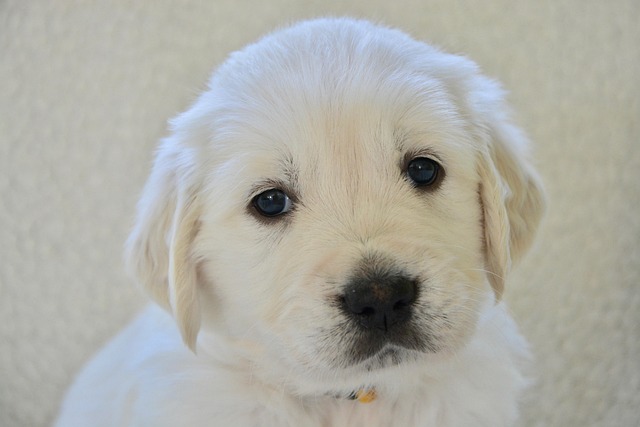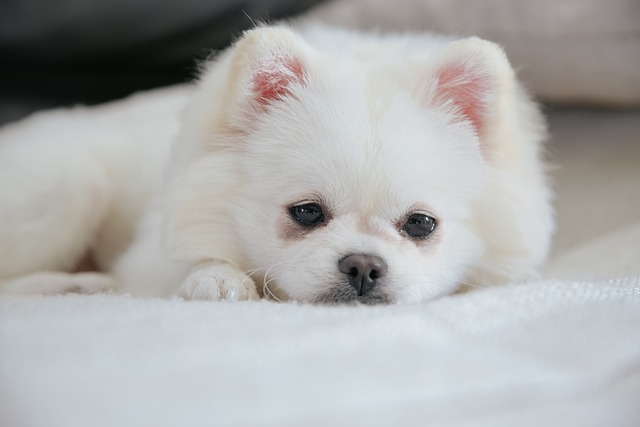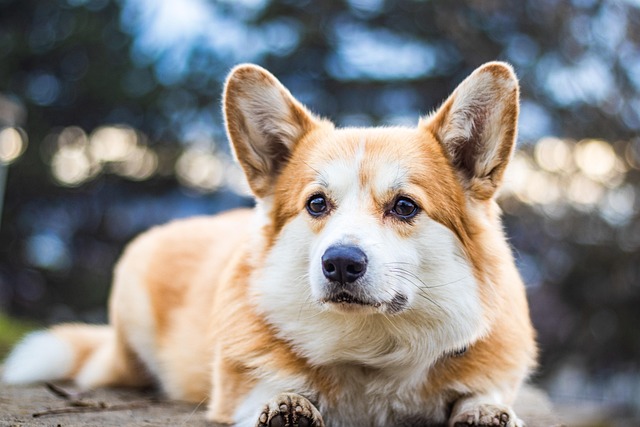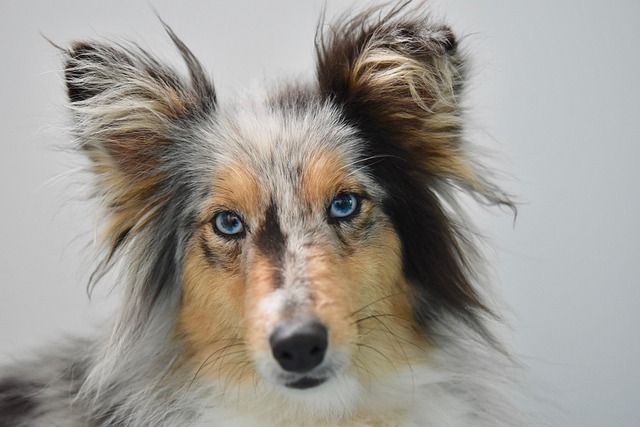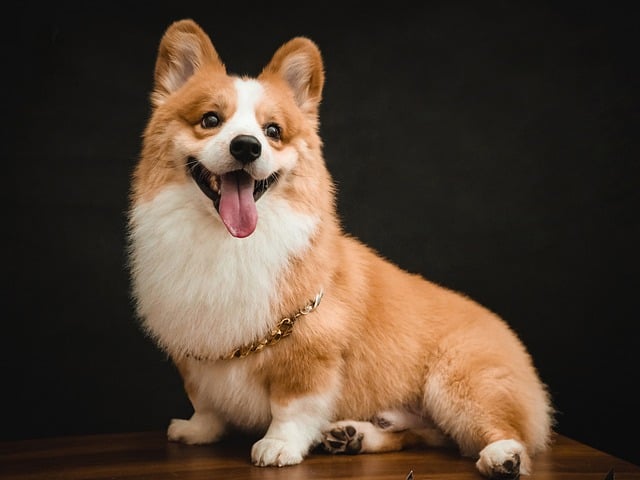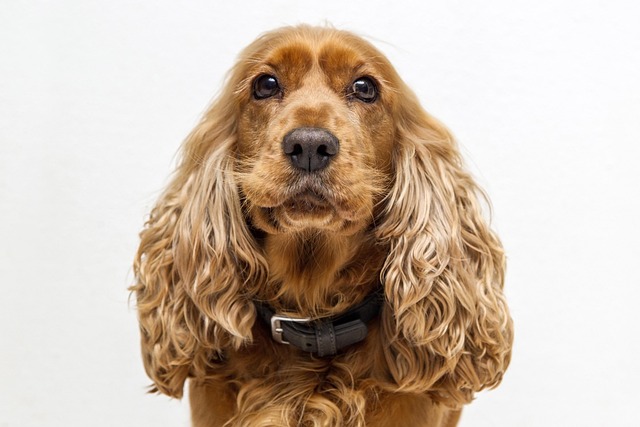Yorkies, with their tiny bladders and big personalities, often present unique challenges when it comes to house training. Understanding why your Yorkie pees or poops indoors is the first step toward solving the problem. Small breeds like Yorkshire Terriers have faster metabolisms, meaning they need more frequent bathroom breaks than larger dogs. But beyond biology, anxiety, inconsistent routines, or even territorial marking can trigger indoor accidents. A sudden change in environment, like moving furniture or introducing new pets, might also unsettle them. Pay attention to subtle signs—sniffing, circling, or sudden restlessness often signal an urgent need to go.
Recognizing your Yorkie’s behavioral cues is crucial. Unlike larger dogs, they might not bark or scratch at the door when nature calls. Instead, they may pace near their favorite indoor spot or whimper softly. Stress-related accidents are common too; loud noises, unfamiliar visitors, or even your absence can trigger them. Keep a log of when and where accidents happen—patterns often reveal whether it’s a training gap or an emotional response. For example, if your Yorkie only pees near windows, they might be reacting to outdoor stimuli like passing dogs.
Positive reinforcement works wonders with Yorkies, but their stubborn streak demands patience. Skip punishment—it only fuels anxiety. Instead, reward every successful outdoor potty break with high-value treats and enthusiastic praise. Timing is everything; deliver the treat within seconds of elimination to reinforce the connection. For indoor training, consider pee pads as a transitional tool, but place them near the door to gradually shift the habit outside. Yorkies thrive on routine, so take them out first thing in the morning, after meals, and before bedtime. Consistency is key, even if it means setting alarms for midnight trips during puppyhood.
Adjusting your home environment can make a world of difference. Designate a clear outdoor potty area—Yorkies prefer consistency in location too. Use enzymatic cleaners to erase indoor accident scents completely; residual odors encourage repeat offenses. If your dog favors a particular rug, temporarily block access or place a pee pad there as a compromise. For anxious Yorkies, create a calm atmosphere with familiar blankets or pheromone diffusers. Crate training can also help, but keep sessions short—their small bladders can’t wait for hours.
Despite your best efforts, setbacks happen. If accidents persist beyond a few weeks, rule out medical issues like UTIs or diabetes with a vet visit. Older Yorkies might need adjusted strategies due to declining bladder control. For territorial marking, neutering or behavioral therapy could help. And if frustration mounts, don’t hesitate to consult a professional trainer—sometimes an outsider spots what we miss. Remember, Yorkies aim to please; with empathy and tailored tactics, even the most stubborn pup can learn where to go.
